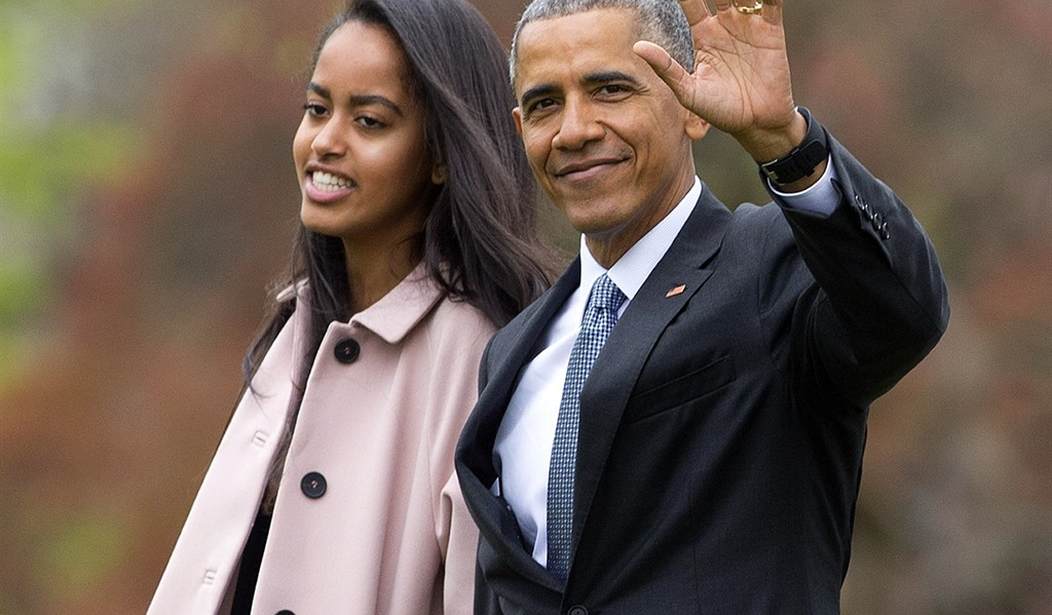In July 2009, Harvard Professor Henry Gates, Jr., an African American, was arrested by Cambridge Police Sgt. James Crowley, who is white, following a heated interaction between the two men. The incident should have gone largely unnoticed as a local, isolated incident in which both men shared equal blame for allowing a trivial matter to escalate into an arrest. Nevertheless, when President Barack Obama caught wind of the confrontation and weighed-in on the incident at an unrelated press conference a week later, the issue rocketed into national headlines. The president eventually invited both men to the White House for a photo-op, sit-down conversation in what became known as the “Beer Summit.” The national media fawned over such a “cool move” from Obama, just months into presidency; and the stage was set.
None, however, thought to question why the President of the United States was intervening in a purely local matter in the first place.
Of course, as the next eight years demonstrated, the “Beer Summit” was just the beginning of a pattern of executive interference in state and local issues, particularly when such opportunities afforded the Department of Justice a chance to exert greater federal control over local law enforcement. The theatrics of the Obama Administration were almost laughably predictable, not only in their timing – often before even local officials had a handle on the facts and circumstances – but the politically charged nature of the White House responses as well. Rarely, if ever, did Obama (or his attorney general) miss an opportunity, no matter how small, to stand on the Administration’s bully pulpit and lecture the masses about improving race relations, the need for greater gun control, or other Kum-ba-ya, feel-good solutions to the “moral outrage du jour.”
To be fair, while the Obama Administration raised the level of this pattern of presidents injecting themselves into myriad local “crises” to an unprecedented level, the troubling phenomenon also was practiced by his predecessor, George W. Bush. Perhaps, reeling from the flack taken during the 2005 Hurricane Katrina catastrophe in New Orleans, in which Bush was accused of not “responding” fast enough or with sufficient “compassion” to the disaster, the White House thereafter took to inserting itself into virtually every local weather event. This did not go unnoticed by governors, who today look for any excuse to rush out and declare a “state of emergency” in hopes of catching a little of the spotlight and triggering the federal money spigot for their states.
Recommended
“Example,” President George Washington once commented, “whether it be good or bad, has a powerful influence.” So it seems with not just what the president says, but when, and why. Herein lies the problem.
Liberals constantly used the Oval Office for emotional validation of their marches and public outrage. And, craving the adoration from his base, not to mention relishing another chance to thump the GOP in the press, Obama was more than happy to oblige. But, the president of the United States, cannot, and should not, allow himself to be pulled into every “national conversation” or social fray that seemingly erupt now on an almost daily basis. The job of the President is to manage the affairs of the nation. It should go without saying that a good Commander-in-Chief does not have the time to concern himself with incidents that are highly localized, or ephemeral dialogues amounting to nothing more than shouting matches between partisan camps on social media. Not only are these distractions, but they lower the stature of the office to nothing more than just another political pundit.
It also sets a bad example, and bad precedent, for executive leadership at the state and local levels. For example, two professors at Clemson University in South Carolina recently staged a hunger strike to protest the university president’s “silence” on condemning President Donald Trump’s travel ban. What does running a public university have to do with a partisan debate over accepting refugees? Nothing, but there is now an expectation that any “leader” must weigh-in on any issue at any time, no matter how relevant to their specific duties or legal jurisdiction.
The president of a university has no more right to lecture the president of the United States on refugee programs than the U.S. [resident has to lecture a local police chief on community policing tactics.
Rather than rushing to have a soundbite for every issue, true leaders – especially the president – should try a different tactic; keeping their mouths shut (and logged-off from their Twitter account), and intervene only on issues of true national importance, and within their domain. Even in politics – or, perhaps especially in politics -- silence can be golden.

























Join the conversation as a VIP Member